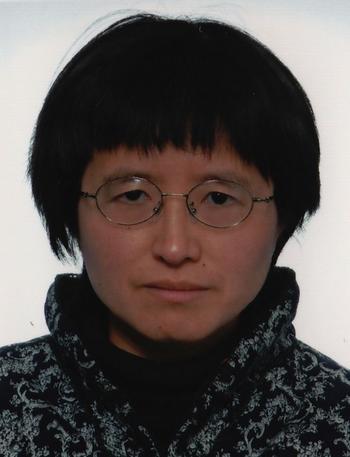Fellow Lecture "Why Does Over Population Matter for Climate and What Should We Do About It? Lessons from China's Controversial One-Child Policy" by Dr. Dale Jiajun Wen
This lecture is presented within the framework of the Joint Center for Advanced Studies "Worldmaking from a Global Perspective: A Dialogue with China" as part of the project “Epochal Life Worlds: Man, Nature and Technology in Narratives of Crisis and Change”.
Abstract
During the 2009 Copenhagen climate conference, China claimed that its one child policy has reduced 300 million births and should be counted as climate mitigation. That was largely ignored as population is a politically touchy issue neither the religious right nor the climate left want a serious discussion. Yet, ignoring the issue does not make it go away.
I= P×AxT is the famous formula highlighted by the Club of Rome in “Limit to growth”. Human impact on the environment (I) is a product of three factors: population(P), affluence(A) and technology(T). Though only a first order approximation, it is clear that both overpopulation and overconsumption contribute to the ongoing global environmental crisis. Also, resource constraints are often very acute local problems. Most of the time, it is women and children (especially girls) who suffer most from it. Drawing from living experiences, field studies and literature review, I will discuss how family planning has helped China escaping the poverty trap, and why many young women today are not happy with recent policy change which abolishes the one child policy.
To consume as much as one wants, and to have as many kids as one wants (or more precisely, as men wants, because in almost all societies, men want more children than women) are similar kinds of greed that our resource constrained planet cannot afford. Fortunately, on average, educated and empowered women tend to have less children. Yet, many developing countries are trapped in the vicious cycle of overpopulation, patriarchy and poverty. The question is what kind of policies should be adopted to facilitate women's empowerment and the necessary demographic transition. This will not happen “naturally” with development, and we are running out of time with both biodiversity loss and climate change. It is time that we have a more honest discussion on this thorny issue.
About Dr. Dale Jiajun Wen
Dr. Jiajun Dale Wen has been working on sustainable development issues for more than a decade, with topics including sustainable agriculture, climate change, energy security etc. She is currently a visiting fellow at Chongyang Institute for Financial Studies, Renmin University of China, as well as a special guest researcher in the Environment and Development Research Center of the Chinese Academy of Social Sciences. She was a co-author for the International Assessment of Agricultural Science and Technology for Development (IAASTD) – which some call the IPCC of agriculture. Over the last decade she has followed the international climate negotiations closely and has substantial insights on the Chinese government’s reasoning and policy making as well as to what is happening on the ground in China – both in terms of climate action as well as the effects of the current development trajectory. She holds a PhD from the California Institute of Technology (Caltech). Dr. Wen is currently fellow at the Joint Center at Heidelberg University.
Time & Location
Nov 16, 2021 | 04:30 PM s.t. - 06:00 PM
Centre for East Asian Studies
Voßstr. 2, Building 4120, Room 120.02.11
69115 Heidelberg

